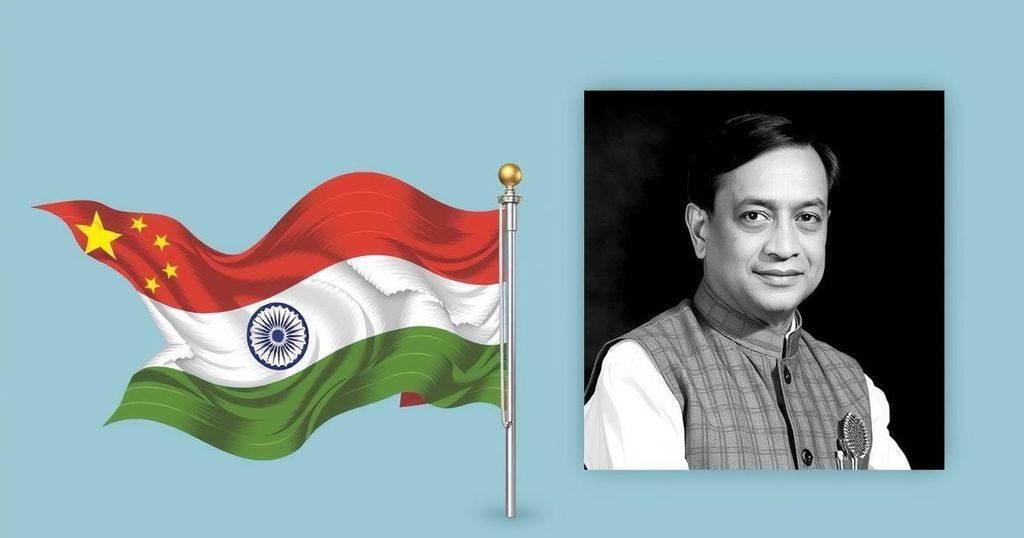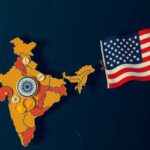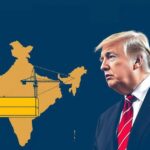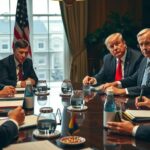Arun K. Singh Discusses Indispensable U.S.-India Relations in Trump’s Second Term
Arun K. Singh analyzed the implications of Donald Trump’s re-election on U.S.-India relations, highlighting the importance of a strong bilateral partnership to counter China’s assertiveness. He anticipates more cohesive and decisive policies under Trump’s second term, while also recognizing the intertwined economic interests between the U.S. and India amidst broader global challenges.
Former Indian Ambassador to the United States, Arun K. Singh, engaged in an insightful discussion regarding the implications of Donald Trump’s re-election, as well as the evolving dynamic between the United States, India, and China in light of global challenges. Singh emphasized that Trump, despite controversies including two impeachments, garnered substantial support, notably among segments concerned with inflation and immigration.
In his second term, Singh anticipated a more organized and experienced Trump who is poised to exert greater influence over policy decisions, having swiftly filled key cabinet positions. Additionally, Trump’s skepticism towards federal agencies appears to inform his unusual vetting processes for appointments, potentially reshaping Washington’s political dynamics.
Singh also highlighted the significant role of business magnate Elon Musk, who, with substantial financial backing for Trump’s campaign, may seek to secure favorable conditions for his ventures. However, there exists a contradiction as Trump has appointed notable figures with hawkish views on China.
Regarding policy priorities, Singh noted that Trump aims to reduce U.S. support for Ukraine, which could reshape geopolitical alliances, particularly concerning Russia and China. He discussed how a stronger relationship between India and the U.S. is crucial, given the vast economic interdependence, as well as the importance of collaboration in global technology and research sectors.
Furthermore, Singh remarked on the importance of India in balancing China’s assertive tendencies in the region, underlining that robust India-U.S. ties are critical to maintaining global stability. He acknowledged that while concerns about family disruption due to immigration policies persist, overall, the prospect of stronger India-U.S. relations appears promising amidst the backdrop of shifting geopolitical dynamics.
The discussion led by Arun K. Singh unfolds against a complex geopolitical landscape where the re-election of Donald Trump significantly influences Indo-U.S. relations and strategies towards China. With growing concerns about China’s assertiveness and technological capabilities, Singh elucidates on the historical context of U.S.-India ties since 2000 and highlights the deep economic and political integration between the two nations. This session encapsulates the potential shifts in policies under Trump’s administration and their implications for global dynamics, particularly relating to China, Russia, and the Middle East.
In conclusion, the dialogue reflects a critical juncture in U.S.-India relationships and the broader international order as Donald Trump re-assumes the presidency. With pressing global issues such as inflation and immigration shaping electoral outcomes, effective collaboration between India and the United States becomes paramount in counterbalancing China’s influence. Through strengthened economic ties and strategic partnerships in technology, both nations can navigate the complexities of the twenty-first-century geopolitical landscape.
Original Source: indianexpress.com








Post Comment